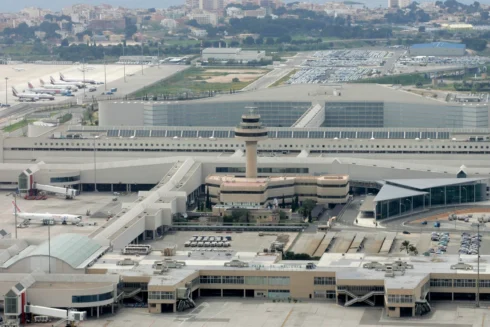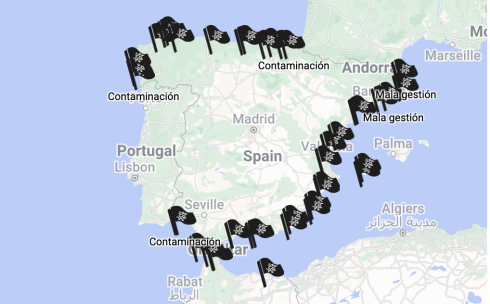THE Costa del Sol train is ‘essential’ for Malaga to keep growing, says Malaga council leader.
Francisco Salado, the president of the Diputacion de Malaga has urged the central government to develop the coastal train project, which is currently at a ‘stand still.’
He claims it is a question of the area’s survival, which currently leads Andalucia’s economic and population growth.
Speaking to EFE, Salado explained that the train was necessary to solve the ‘collapsing’ internal mobility problem in Malaga, faced with a lack of alternative transport methods.

“Now, what we need is that the administrators do their job and fulfill their responsibilities,” he said.
He also defended the Diputacion and the Junta, saying both are putting measures in place to improve mobility in the Costa del Sol, such as building roads and increasing the frequency of public transport.
However, according to Salado, the biggest challenge to Malaga is the building of a railway line that joins the capital and Marbella.
It is currently the only Spanish city with more than 100,000 inhabitants without this infrastructure.
In future, it is also hoped the train will reach the east coast, including Rincon de la Victoria, Velez-Malaga and Nerja.
Last month, the national Minister for Transport, Oscar Puente, announced his intention to call a working group with the Junta and local councils to explore the social, economic and environmental impact of the train.
According to a study carried out by the Analistas Economicos de Andalucia (Andalucia Economic Analysts) and financed by Unicaja, the project would cost between €2,500 and 2,700 million euros.
After eight years of construction, it could be functional by 2032, transporting between 34 and 36 million passengers a year.
Francisco Salado says he has no doubt the project is ‘socially viable’, taking into account that Malaga is ‘the province that will grow the most in the next ten years out of all of Spain.’
“We’ll have two million inhabitants and even now, without that amount of people, the system is collapsing,” he lamented.
“Socially, the need for the Costa del Sol train is clear and economically you can’t question such a necessary project just because it will cost a lot of money. That’s where the disagreement lies.”
He claims that the council can ‘look for European funds’ when faced with difficulty.
For him, the most important thing is to ‘get planning’ to work.
This includes deciding which lines are the most important, finding money and deciding dates.
Even if all goes to plan, building will not start for another five or ten years.
Salado warns that if mobility continues to be ‘insupportable’, people will not move to Malaga and therefore, it is ‘a question of survival.’
The politician accused the Minister Puente of a ‘massive fumble’ and ‘lack of respect’ that he has not yet come to Malaga to meet with officials and discuss the project.
The government claims they do not have sufficient data to proceed with the ‘very complicated’ project.
Click here to read more Travel News from The Olive Press.








